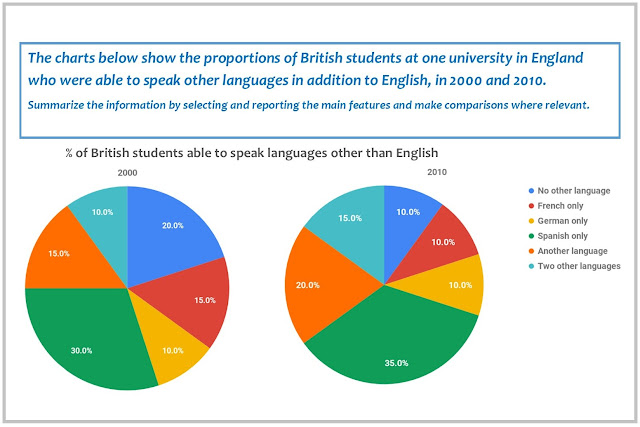The challenges of teaching software developers
1. Their English level is a mess.
Level placement is a challenge. There is usually a huge discrepancy between their productive (e.g. speaking) and receptive (e.g. reading) skills. If you choose an Intermediate coursebook, you may soon start doubting your choice because even though the grammar is a perfect match, the reading/listening materials are too simple and uninspiring.This issue can be fixed by substituting or supplementing the materials in the book with the articles/videos in the original.
2. They are extremely smart.
I mean, extraordinarily smart, which can play both ways. On the one hand, you don’t need to explain things too much. All they need is a concise and precise explanation. On the other hand, due to their bright minds, they notice inconsistencies, mismatches, confusing instructions, and other slips in coursebooks. So you might end up spending a portion of you class clarifying what the book authors actually meant. Coursebook writers should definitely collect feedback from software developers before publishing their books.3. They are extremely introverted.
Making them speak is a challenge. When they do speak, they might limit themselves to one or two sentences. They might complete your whole discussion activity in 2 minutes, having discussed the questions in depth. The reason is not that they hate the activity or want to disrupt your class. The reason is they don’t like meaningless chit-chat and small talk. They like keeping it short and meaningful.4. They aren’t interested in many topics the coursebooks offer.
They aren’t interested in topics like celebrities, health, or clothes. But there are certain topics that click, like adventures, science, or inventions. Some topics just flash by, while others spark debates. If you hit the sweet spot with the topic, they will get into lengthy discussions despite their introversion.5. They think articles (a/the) are useless and redundant.
They not only think that, they say it to your face (“useless” and “redundant” is what my IT students said to my face). Making software developers use articles is a challenge. They are perfectly happy with sentences like, “At weekend, I went to cinema with friend. Movie was interesting. Main actor played brilliantly.”They don’t use articles because they don’t see the function they serve. You have to talk them into using articles by saying something like, “Yes, they serve no function, but they are an indispensable part of English, so we have to use them.” It actually works. If you say it frequently and dramatically enough, they do start using articles.
6. They go for weird word choices.
They don't do things, they perform, implement, install, execute, and configure. A student once asked me, “Which is correct, to perform an exercise or to execute an exercise?” ‘Do’ didn’t even occur to him. Sometimes I don’t even know whether to correct these word choices. Oftentimes what software developers say is technically correct but oh-so weird.There is another challenge related to this one. They know all these fancy verbs (come to think of it, usually, verbs), yet they might not know simple words, like names of foods, which also contributes to challenge #1.
All these challenges are not challenges really. They are some things to be aware of and to take into account when working with software developers. Dealing with all these “challenges” is definitely worth it.
PS: Read an interview with my friend Petr who is a software engineer working in Ireland and you will totally get what I am talking about in #5 and #6.





Comments
Post a Comment